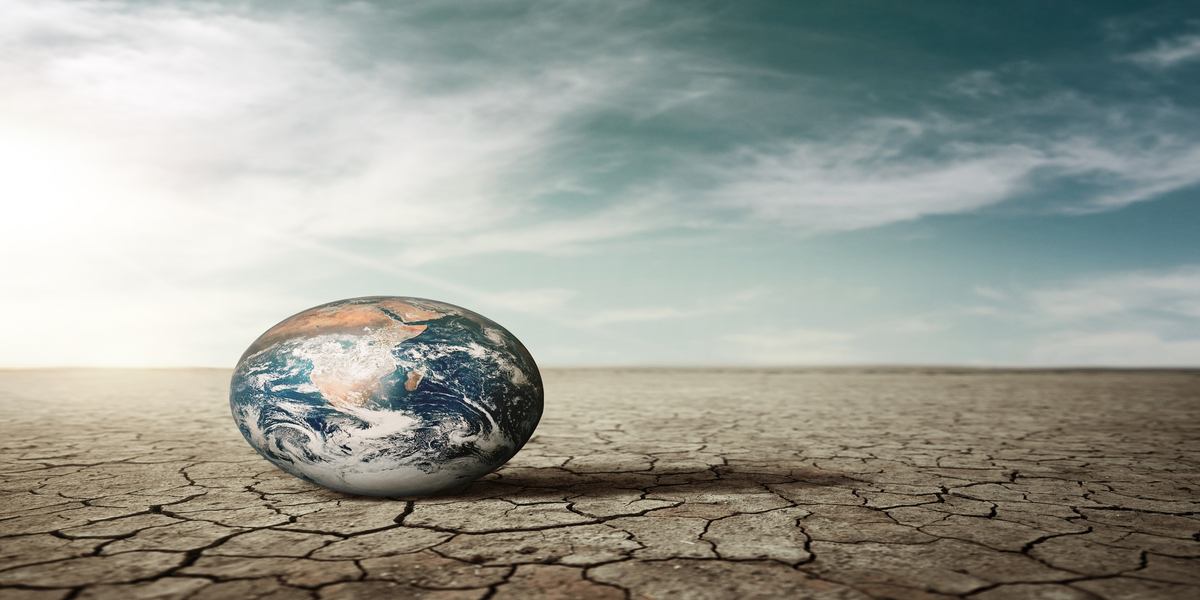Introduction
In recent years, discussions about climate change have shifted from the abstract concept of global boiling to the alarming reality of climate breakdown. The year 2023 is now etched in history as the hottest year ever recorded. This scorching milestone has profound implications for our planet, ecosystems, and the well-being of future generations. In this article, we will delve into the causes, consequences, and urgent need for action in the face of this climatic crisis.
The Rising Temperatures
Climate scientists and meteorologists worldwide have warned us for decades about the consequences of unchecked global warming. The year 2023 has proven their predictions accurate and deeply concerning. According to information from the NOAA (National Oceanic and Atmospheric Administration), NASA (National Aeronautics and Space Administration), and other reputable organizations, global average temperatures in 2023 will have surged to unprecedented levels.
Causes of the Escalation
Several factors have contributed to the global boiling:
- Greenhouse Gas Emissions: The burning of fossil fuels, deforestation, and industrial processes continue to release vast quantities of greenhouse gases, mainly carbon dioxide (CO2) and methane (CH4), into the atmosphere. These gases trap heat and lead to a greenhouse effect, causing temperatures to rise.
- Feedback Loops: Climate change triggers various feedback loops that accelerate warming. For instance, as the Arctic ice melts, it exposes darker ocean water, which absorbs more heat, further exacerbating warming trend. Similarly, thawing permafrost releases methane, a potent greenhouse gas.
- Extreme Weather Events: 2023 witnessed an alarming increase in extreme weather events like heatwaves, wildfires, hurricanes, and floods. These events devastate communities and contribute to the overall rise in global temperatures.
Consequences of the Hottest Year on Record
The effects of the hottest year on record are far-reaching and devastating.
Unprecedented Heatwaves and Wildfires
In 2023, the world experienced scorching heatwaves and devastating wildfires, signaling a climate emergency. Record-breaking temperatures ignited fires that ravaged forests, destroyed homes, and displaced communities. The urgency to act is evident as climate change-induced extreme weather events become more frequent and severe.
Rising Sea Levels Threaten Coastal Communities
Sea levels continue to rise at an alarming rate due to the melting of the polar ice caps and glaciers. Coastal regions are increasingly vulnerable to flooding and erosion, endangering the livelihoods of millions. Immediate action is necessary to protect these communities and mitigate the consequences of a changing climate.
Biodiversity is in Peril
Ecosystems worldwide are under threat as rising temperatures disrupt the delicate balance of nature. Coral reefs, critical hubs of biodiversity, are bleaching and dying. Plant and animal species face extinction, affecting the delicate web of life on Earth. Urgent conservation efforts are essential to safeguarding our planet’s diversity.
Food and Water security are at Risk
The hottest year on record exacerbates food and water scarcity. Agriculture is increasingly challenged by unpredictable weather patterns, leading to crop failures and food shortages. Water sources are diminishing, intensifying competition for this precious resource. Strategies to ensure food and water security must be a top priority.
Human health is in Jeopardy
Health risks associated with extreme heat and air pollution are on the rise. Vulnerable populations, including the elderly and children, face greater health threats. Vector-borne diseases, such as malaria and dengue, expand their reach in warmer climates. Urgent action is needed to protect public health and well-being.
Economic Consequences Loom Large
The economic toll of climate breakdown is substantial. Infrastructure damage caused by extreme weather events strains public resources. Healthcare costs surge due to climate-related illnesses. The economic impacts are far-reaching and affect individuals, businesses, and governments alike.
International Collaboration for Climate Solutions
Solving the climate crisis requires international cooperation. Nations must come together to set ambitious emission reduction targets and implement comprehensive climate policies. Supporting developing countries in their efforts to combat climate change is crucial for global progress.
Individual Responsibility and Sustainable Practices
Individuals play a vital role in the fight against climate change. Reducing personal carbon footprints through energy conservation, waste reduction, and sustainable living choices can collectively make a significant impact.
The Urgent Need for Action
The situation may seem dire, but it’s not too late to take action.
- Reduce Greenhouse Gas Emissions: Transition to renewable energy sources, improve energy efficiency, and implement policies to limit carbon emissions.
- Reforestation and Conservation: It is imperative to safeguard and rehabilitate forests and other vital ecosystems that function as carbon sinks.
- Adaptation: Invest in climate-resilient infrastructure and strategies to adapt to the changing climate.
- International Cooperation: Global challenges require global solutions. Collaborate with other nations to set ambitious emissions reduction targets and support developing countries in their efforts.
- Individual Responsibility: Reduce your carbon footprint by conserving energy, minimizing waste, and supporting sustainable practices.
A Call to Action
The hottest year on record, 2023, is a stark reminder of the urgency of addressing climate change ang global boiling. The consequences of inaction are evident in the form of extreme weather events, sea level rise, biodiversity loss, food and water insecurity, health risks, and economic challenges. The time for action is now. Governments, businesses, communities, and individuals must work together to mitigate the impacts of climate breakdown and ensure a sustainable future for generations to come.
This year, 2023, should mark a critical turning point in our battle against climate breakdown and global boiling. It is imperative that we recognize the urgency of the situation, acknowledge the science, and take bold actions to mitigate its devastating impacts. The world must unite to combat this crisis for the sake of our planet and future generations. The hottest year on record should serve as a sobering reminder that time is running out and the need for climate action has never been more pressing.

